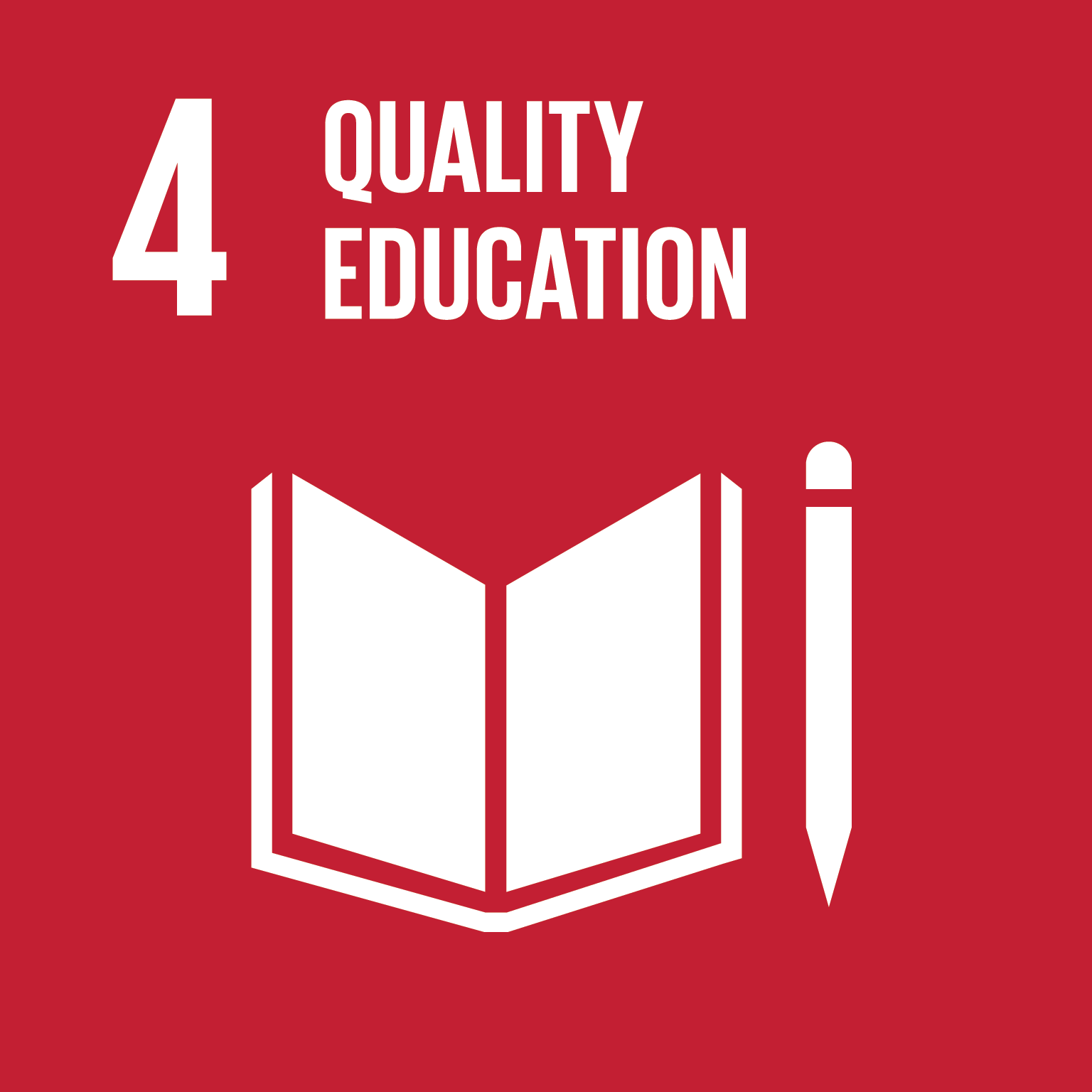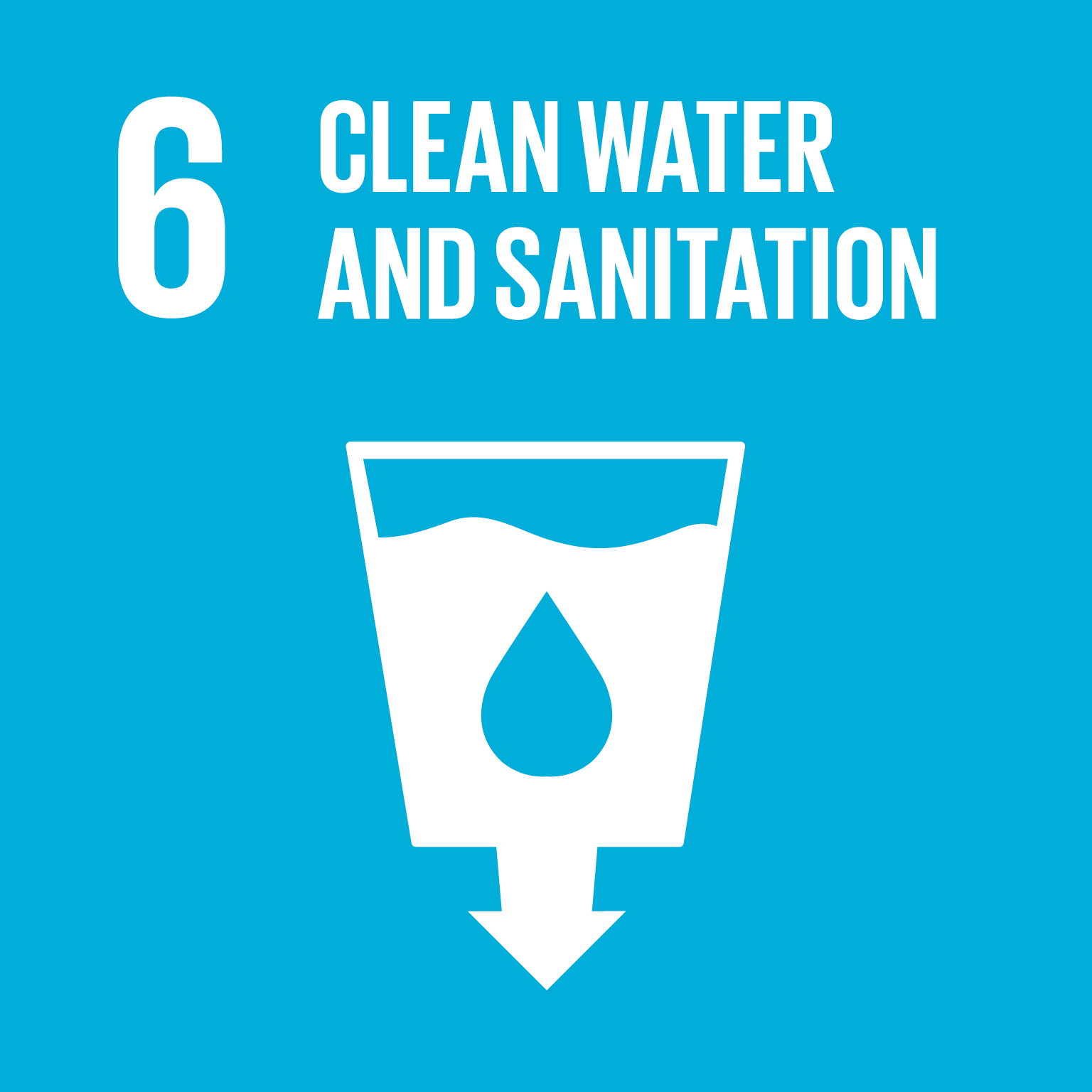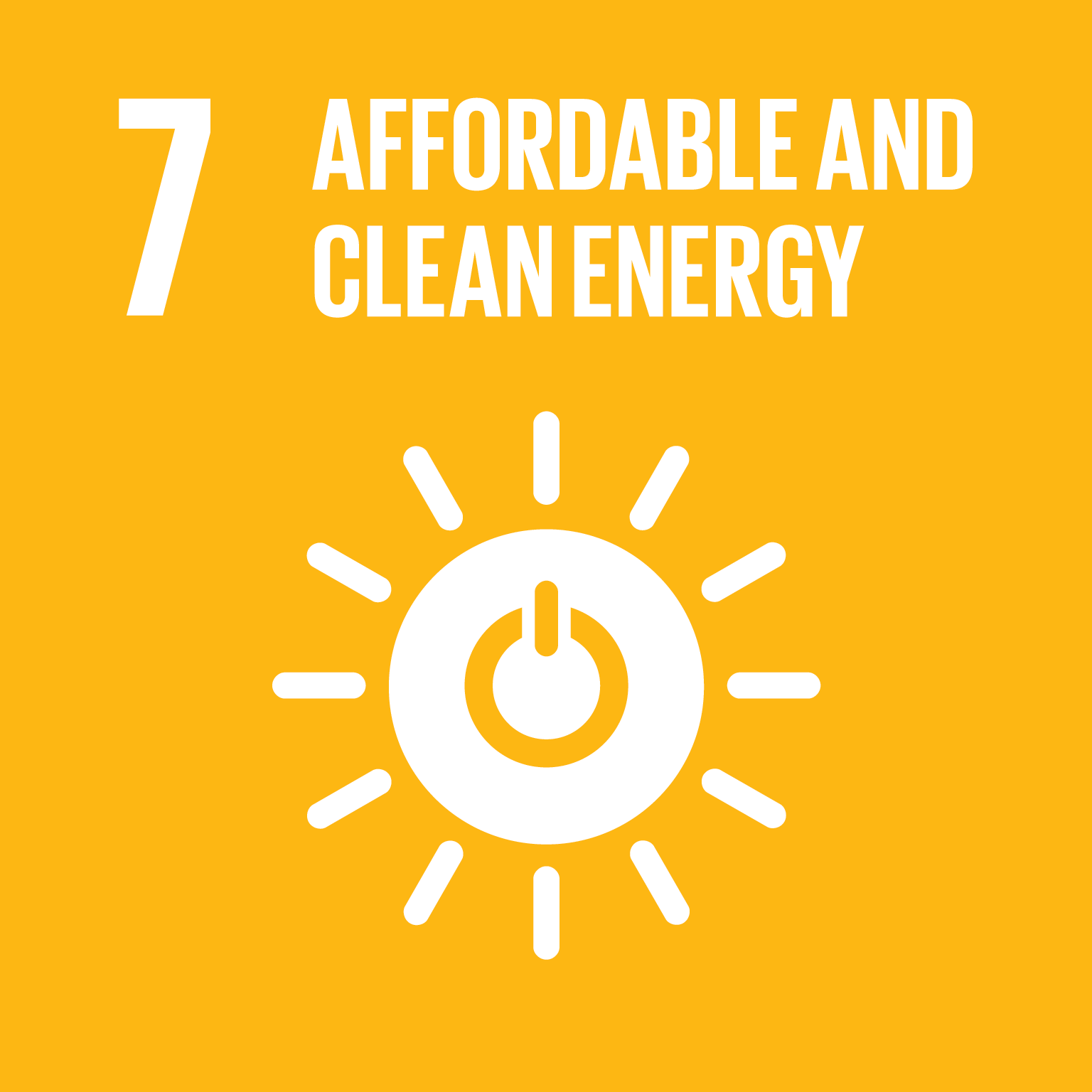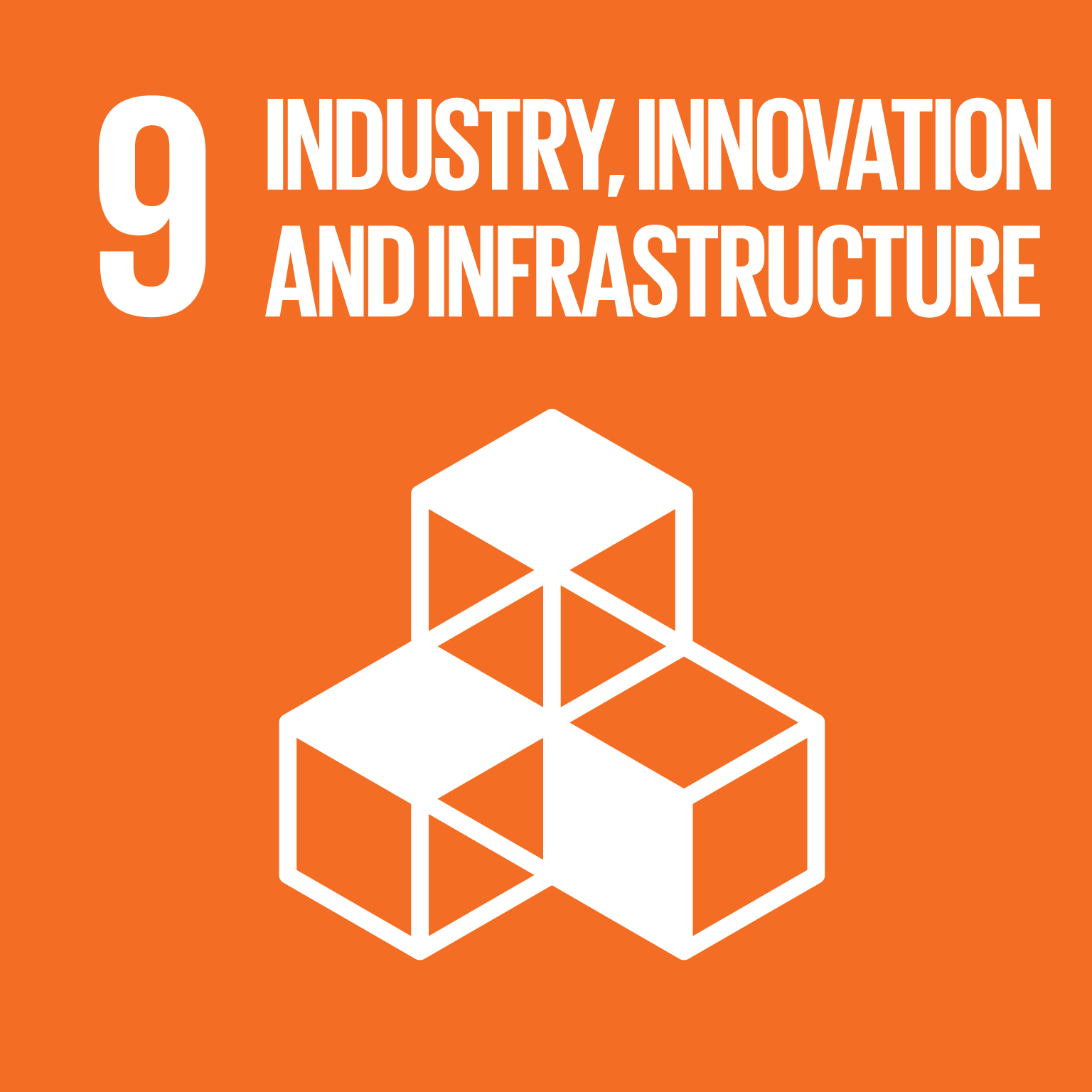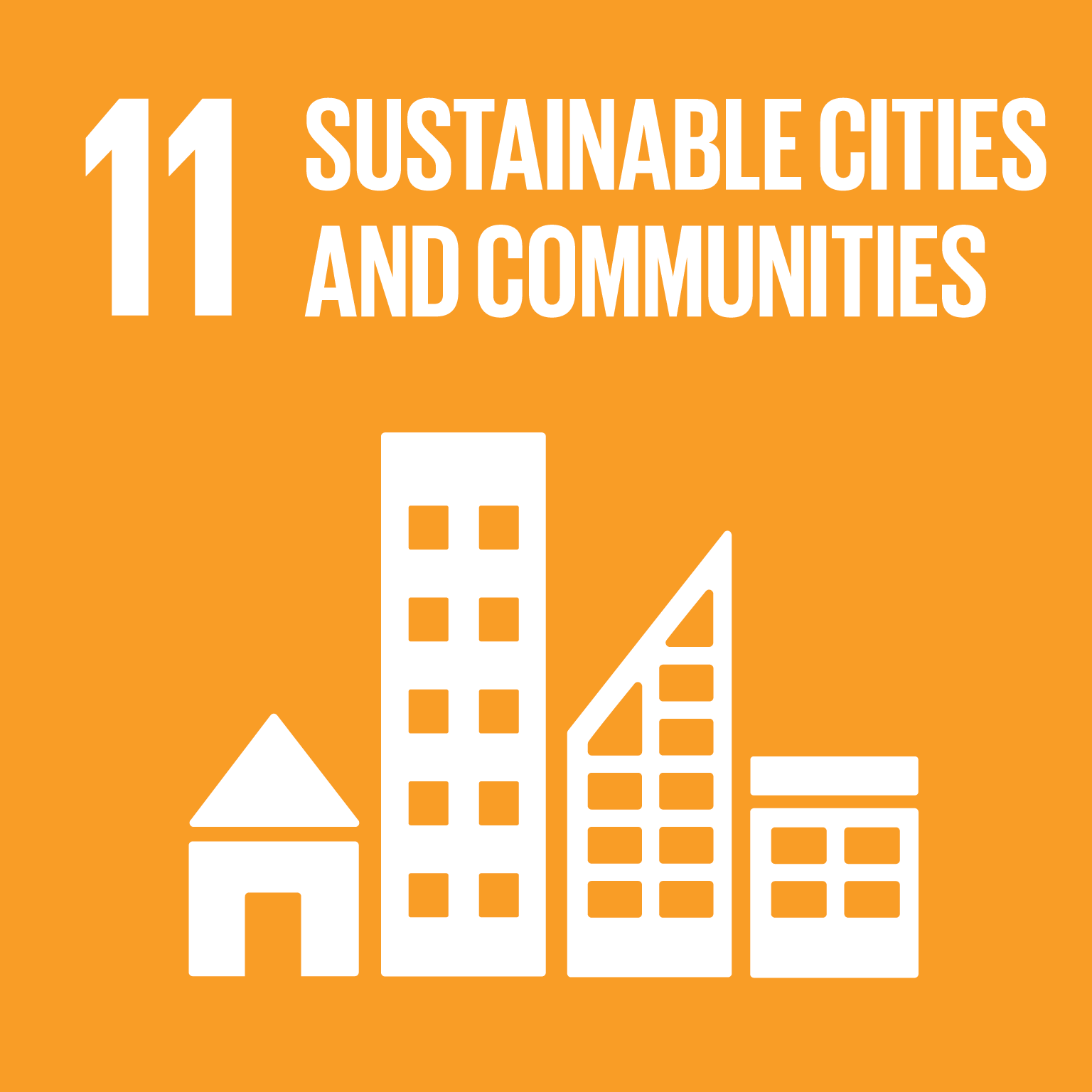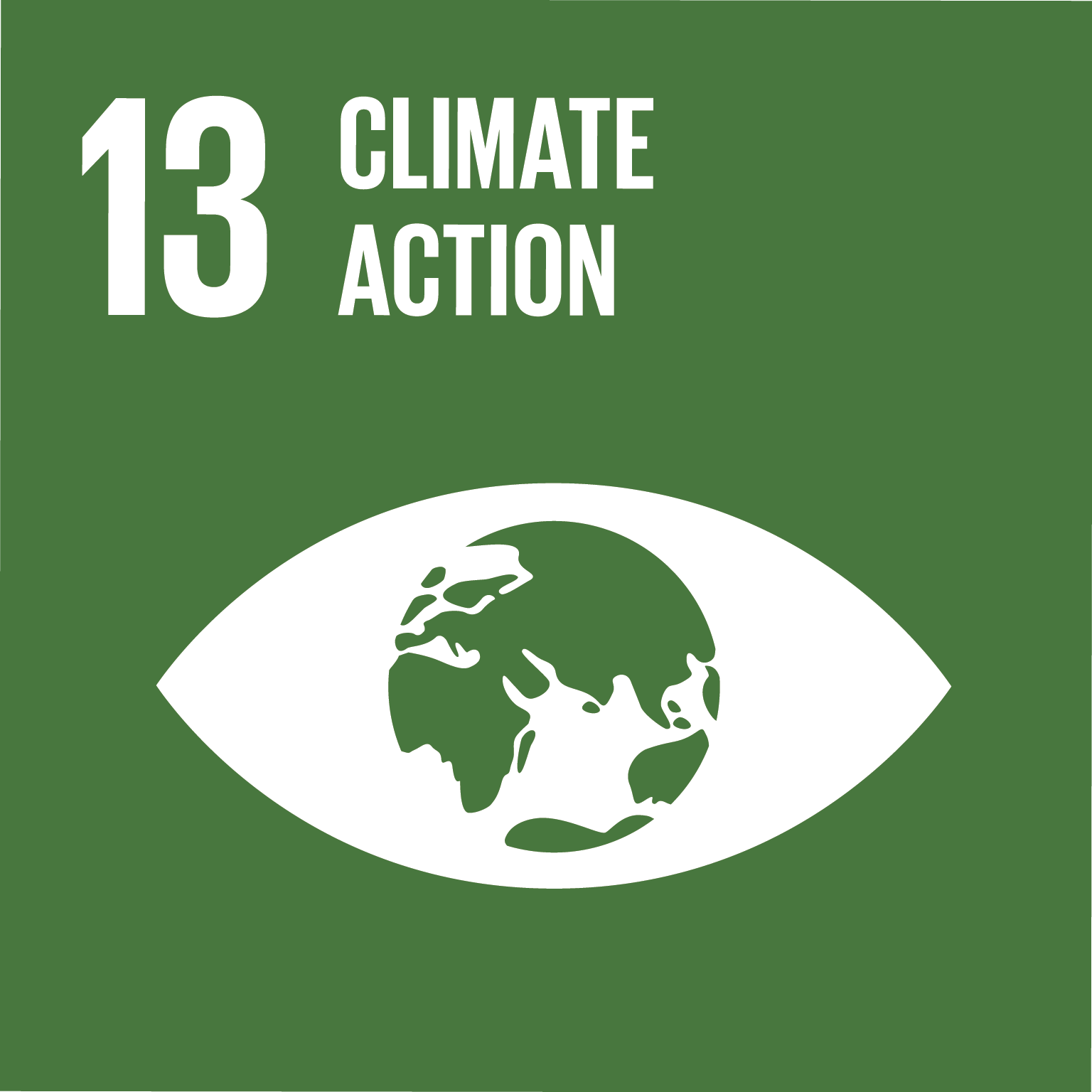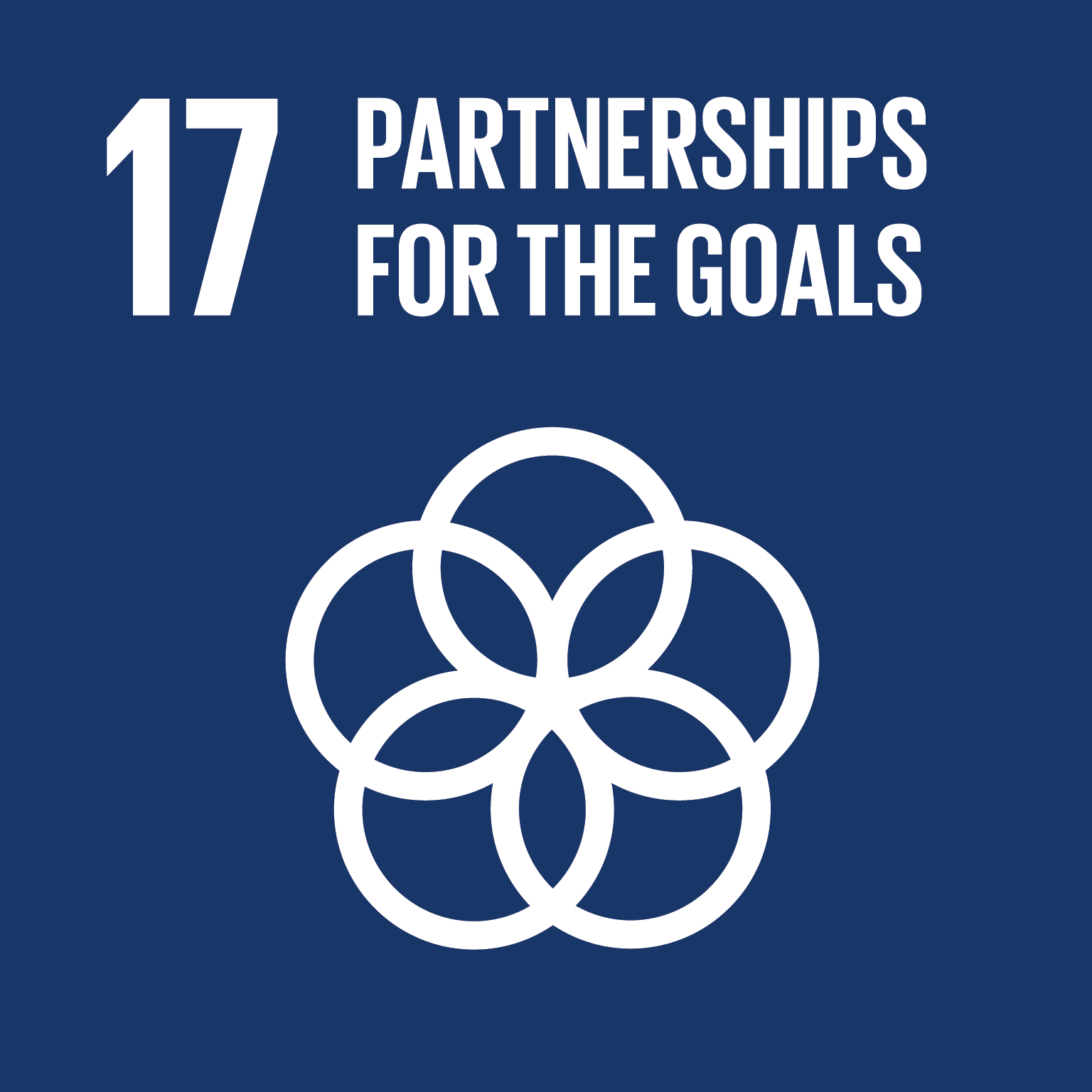The Sustainable Urban Precincts Program (SUPP) was a $128 million project to reduce energy and water use, significantly lowering greenhouse gas emissions associated with RMIT campus operations.
The Sustainable Urban Precincts Program (SUPP) was a $128 million project to reduce energy and water use, significantly lowering greenhouse gas emissions associated with RMIT campus operations. By developing the project scope with consideration of the known lifecycle considerations of installed equipment and partnerships, the SUPP investments have also resulted in significant research contributions and operational improvements that benefit the entire RMIT stakeholder community. RMIT recognised the opportunity to expand upon emissions-based objectives to also deliver complementary outcomes that improved maintenance and asset management standards, fostered industry partnership, reduced resource consumption, leveraged learning / teaching and research opportunities and provided future-proofed infrastructure.
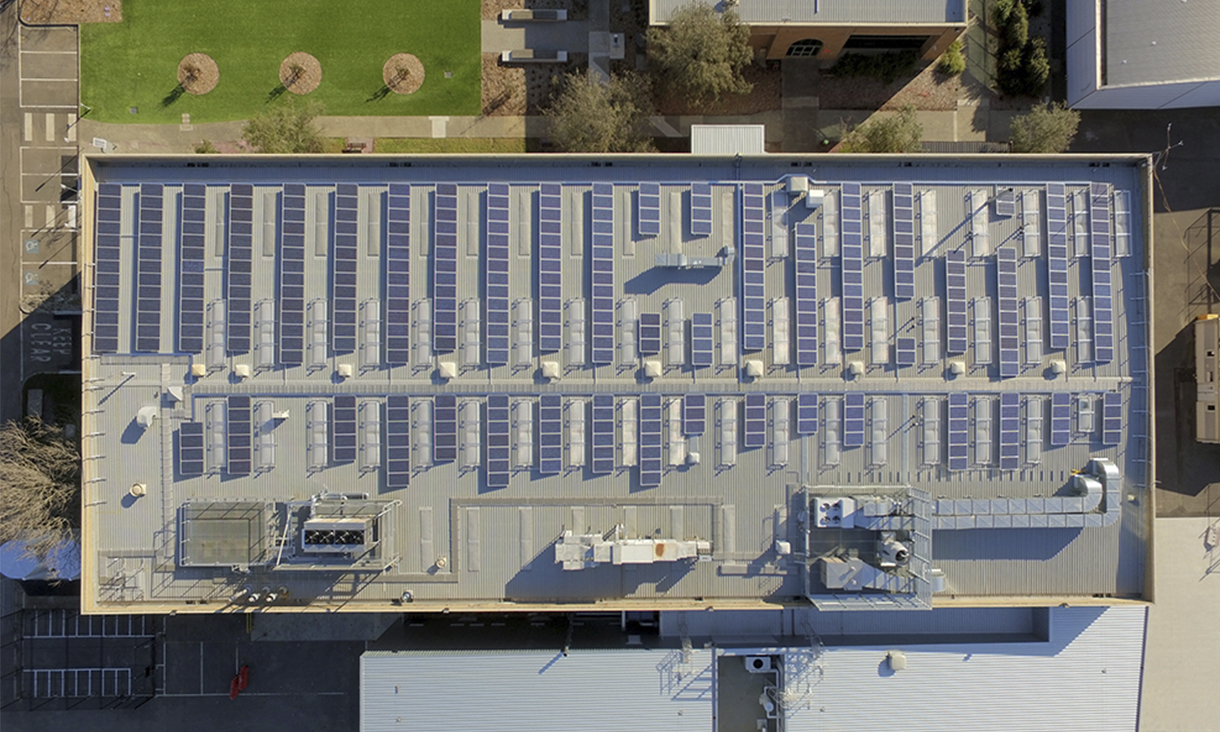
SUPP included five learning and teaching projects, six interdisciplinary research projects and 10 PhD scholarships. As a part of this project, RMIT students and staff took part in world-leading, innovative and collaborative multi-disciplinary research projects, supported by strong industry linkages. Through SUPP and wider on-campus carbon-reduction initiatives RMIT achieved a reduction in emissions of 45.5% at the end of 2018 (from 2007 baseline).
Project timeline: 2012 - 2018
Key contributors: Lin Stevenson and Michael Snow
Find out more: Sustainable Urban Precincts Program
